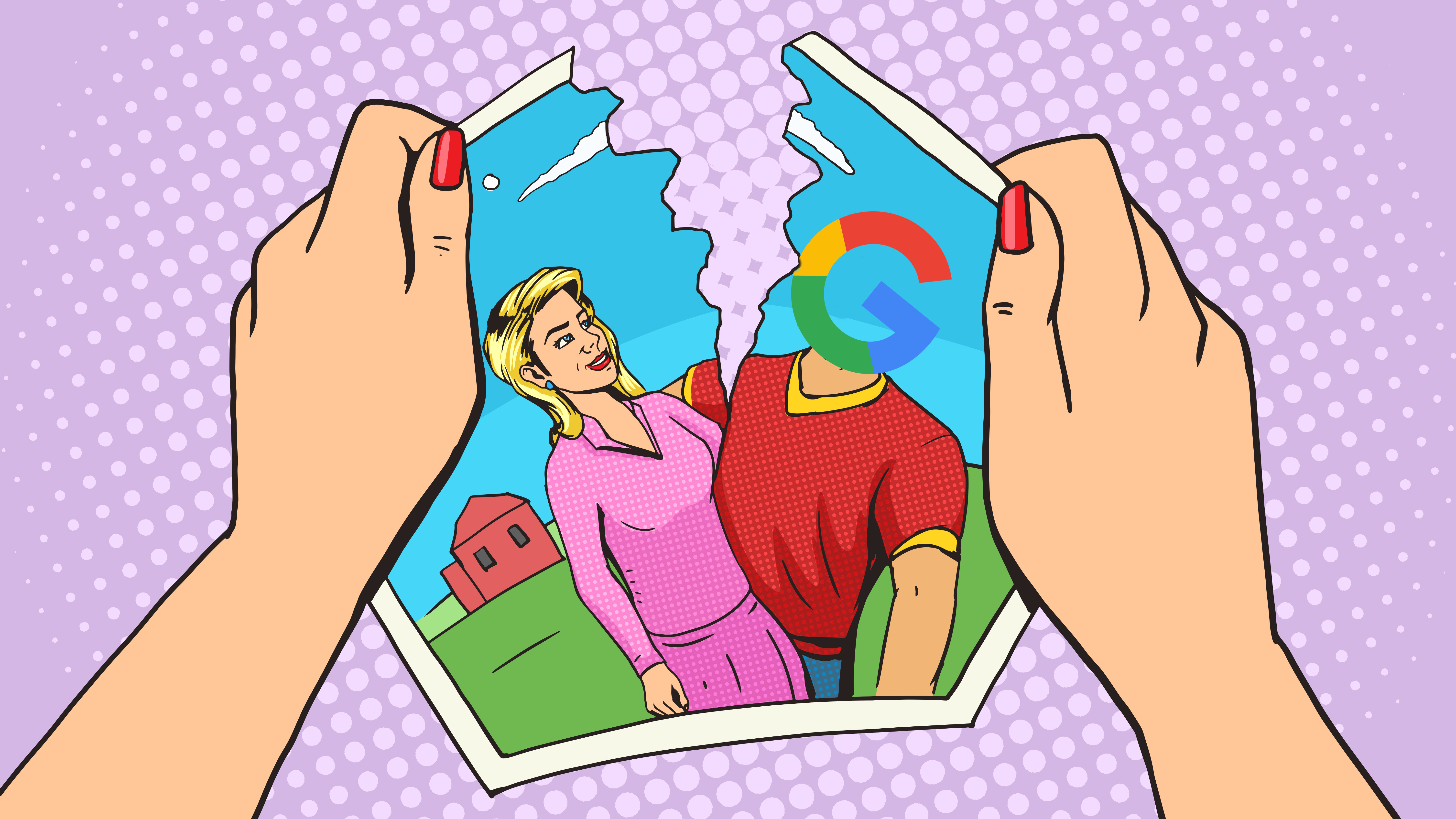The internet is falling out of love with Google – and it’s Bing’s time to shine
Can Bing finally step out of Google’s shadow?

Sign up for breaking news, reviews, opinion, top tech deals, and more.
You are now subscribed
Your newsletter sign-up was successful
Let’s be honest; a week ago, Bing was a joke. At best, Microsoft’s unloved search engine was an irrelevance, at worst an annoyance foisted upon you when trying to use Windows 11.
I can’t have been the only person to laugh loudly in the cinema during the Amazing Spider-Man in 2012 when Peter Parker searched the internet… using Bing. Kids getting incredible super powers due to radioactive spider bites? That’s one thing. Kids using Bing over Google, though? That’s stretching believability too far…
Or is it? On Tuesday, February 7, Microsoft effectively relaunched Bing, which now uses a powerful artificial intelligence tool based on ChatGPT that, the company promises, could change the way we search the internet. Using AI to help people find websites, information, recipes and more could certainly give Bing the, well, edge (sorry), and make finding new things on the web faster, more natural and more enjoyable than ever before.
While the jury is out on whether ChatGPT-powered smarts can revitalise Bing’s fortunes, the announcement did do something that I’ve never witnessed before: it made Bing interesting.
And, I don’t mean ‘interesting’ in the ‘checking out a bloody mass in the middle of the road’ sense, but genuinely interesting. I actually wanted to know more about Bing.

Who’s laughing now?
Like my hollow laughter echoing in a multiplex 11 years ago, I wasn’t the only one. I noticed more people talking about Bing on social media and in forums, and articles we published on this esteemed website about Bing actually got traffic. Some of it even coming from people using Bing!
Google Trends still shows growing search for Bing (oh, the irony), and the Bing app saw a huge increase in downloads from the Apple App Store after the announcement. If even Apple users are checking out a Microsoft product, you know something is up.
Sign up for breaking news, reviews, opinion, top tech deals, and more.
Of course, this may just be a flurry of excitement before people promptly forget about the search engine again, and despite having an in-built advantage of being baked into Windows 10 and Windows 11, Bing still has a huge hill to climb.
Google still has an absolutely huge lead when it comes to search engine market share, and it remains impossible to imagine a world where Bing overtakes it. While Bing has the advantage of coming with Windows, Google Search is the default search engine of one of the only operating systems more widely used: Android.
But there’s no denying that there’s been a subtle change in the air this week, and for the first time, the search engine war has got interesting.

Credit and blame
Bing’s time in the limelight isn’t just down to Microsoft’s hard work, though credit where credit is due, it has been working hard to make Bing, and its Edge web browser, more attractive to users.
However, Bing’s resurgence has coincided with a time when it feels like a lot of the internet is falling out of love with Google.
You might have thought that Google’s dominance over the search engine market would mean its rarely tinkered with – if it’s not broken, why fix it? However, the fact is Google is constantly being tinkered with.
New features, eye-catching boxouts, shifting emphasis on different publications and results (one day, Google may be all about showing you news, the next, it wants to shove retail stores in front of you) can drastically change someone’s experience of Google every time they use it.
Worse, for users it means that the basic, no-nonsense, interface that was such a big part of Google’s success compared to the likes of Lycos, Ask Jeeves and AltaVista, is no more – and Google results can sometimes appear cluttered and messy.
There’s also a growing concern amongst web users over Google’s dominance, not just when it comes to search engines, but also adverts and web browsers (Google Chrome is also market leader by a huge margin). No one likes a monopoly, and it means even huge companies like Microsoft can look like the underdog.
The constant tinkering of Google doesn’t just annoy users, either, as online publications that rely on traffic from Google are also impacted. Recent changes to the Google algorithm, which determines how websites are ranked in Google, have seen trusted and well-known websites drop for certain terms, while unknown, sometimes plagiarised, websites have risen. As you can imagine, this hasn’t gone down too well.
Google also encountered a rather embarrassing situation this week. Getting the jump on Microsoft, Google announced Bard, its new AI search assistant a day earlier. However, it didn’t get the positive reception Microsoft’s rival did, and ended up wiping more than $120bn off Google’s market value. Oops.
This was caused during a presentation from Google that was supposed to demonstrate how Google Bard could help answer the search query “what new discoveries from the James Webb Space Telescope can I tell my 9 year old about?”
One of the answers it returned, and was shown off by Google without the company seemingly noticing, was incorrect.
Not only was this an embarrassing gaffe that instantly highlighted an issue with a new product, it confirmed many people’s fears that AI search could end up surfacing incorrect information, something TechRadar's Computing Editor, John Loeffler, warned about before Google Bard's very public flub.
Microsoft’s AI presentation was much smoother (though it wasn’t livestreamed, which may have been a blessing after Google’s fail), and it means that a few days later, Bing seems to be the hot new search engine, while Google is the punchline of a joke. What strange times we live in.

Matt is TechRadar's Managing Editor for Core Tech, looking after computing and mobile technology. Having written for a number of publications such as PC Plus, PC Format, T3 and Linux Format, there's no aspect of technology that Matt isn't passionate about, especially computing and PC gaming. He’s personally reviewed and used most of the laptops in our best laptops guide - and since joining TechRadar in 2014, he's reviewed over 250 laptops and computing accessories personally.